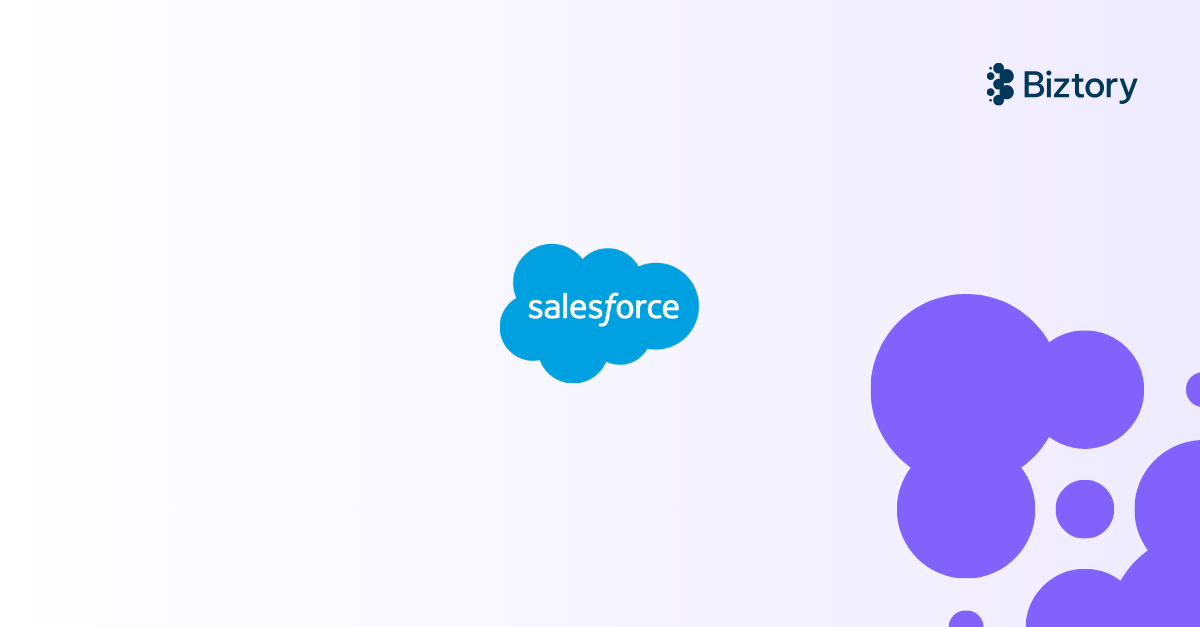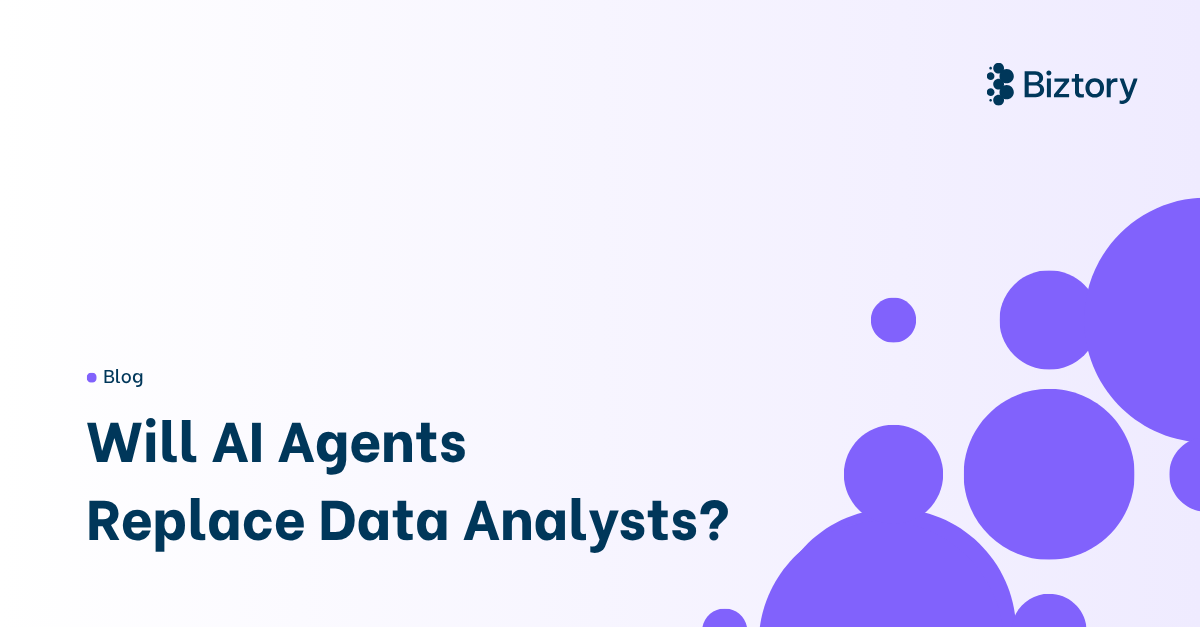What is a data driven approach?

A data driven approach is one that uses data as the primary source of information to support key business decisions.
Many businesses now strive to take this approach due to the growing volume, availability, and value of their data.
Organisations are now able to gather huge amounts of data from a wide range of sources, including website analytics, CRM systems, social media and e-commerce platforms. However, simply collecting data is not enough – it needs to be analysed and interpreted correctly in order to make accurate business decisions.
In order to become truly data driven and achieve this type of digital transformation, there are three things that should be in place:
- A data strategy which is tailored to the organisation
- The right tools and systems to effectively aggregate data, remove barriers and simplify reporting
- The right people and support to drive company-wide adoption
The benefits of a data driven organisation

While many businesses are aware of the value held in their data, the majority are still only leveraging it at a departmental level. By adopting a data driven approach for the organisation as a whole, there are a wide range of benefits for both leaders and teams across the business.
Remove data silos and achieve data clarity
Over time, many businesses accumulate a range of systems and tools to address the needs of individual departments. This creates pools of data which are often inaccessible to other business functions, or cannot be read by other tools in use. Data stored in this way often results in inefficient or inaccurate reporting, and hinders effective decision making.
By aggregating business data, and encouraging the sharing of insights across teams, leaders have the opportunity to achieve data clarity and ensure data used to inform key business decisions is trustworthy.
Make decisions rooted in fact not opinion
A data driven organisation is able to take a scientific and strategic approach to their decision making. This not only provides better insights and clarity on what actions to take, but also leaves a clear trail of reasoning that can be revisited and updated as new information becomes available.
By understanding the impact of decisions as they’re made, organisations can course-correct quickly and efficiently when necessary, driving improved results over time.
Shorten the decision making process
Timely decision making is critical for businesses looking to stay ahead in today’s rapidly changing landscape. With data at their fingertips, organisations are able to access, analyse and utilise insights to make well informed decisions quickly.
Deliver more sustainable results
A data driven decision making process doesn’t just produce short-term results, it also delivers more sustainable outcomes as it takes a long-term view of the business.
By understanding historic data alongside current results, businesses can unlock valuable trends in their data, gaining insight into any points of weakness in their processes, identifying new business opportunities and much more. By using their data as a foundation for strategic decisions, leaders can avoid guesswork and help ensure sustainable results for the organisation.
Improve communication and collaboration
Data driven decision making relies on good communication and collaboration between different teams and departments.
By sharing data and insights across the organisation, businesses can ensure that everyone is working towards the same goal and that decisions are made with all the relevant information at hand.
Enhance customer experiences
In today’s competitive landscape, businesses need to do everything they can to stand out from the crowd and deliver exceptional customer experiences.
Taking a data driven approach can help organisations understand their customers better, identify areas for improvement, provide a more personalised service, and make decisions that will enhance the overall customer experience.
How can your business become data driven?
Implement a tailored data strategy
The first step towards becoming a data driven organisation is to implement a tailored data strategy. This should be designed to meet the specific needs and goals of your business, and will lay out the roadmap for how you can utilise data to achieve these objectives.
Find out how we delivered a tailored data strategy to support Partena Professional in their goal of driving a truly data driven culture.
Invest in the right technology
In order to make the most of your data, you need to have the right technology in place to collect, store and analyse it effectively.
Working with a reputable cloud data solutions provider can help you get started on this journey, and ensure that you have the right tools and infrastructure in place to support your data driven approach.
Discover how we helped Secret Escapes find the right technology to empower their sales teams with the data to have more informed conversations.
Have expert support in place
There are many potential roadblocks on the way to becoming a data driven organisation, so it's important to have expert support in place throughout the project to help you overcome these.
Working with a data consultancy can provide you with the guidance and expertise you need to make the most of your data, and educate your teams.
Read how we supported Long Harbour to enable data driven decision making for their organisation with limited internal capacity.
How Biztory can partner with you to become a data driven organisation
Biztory’s expert team will guide and support your business to build a tailored data strategy so you can unlock powerful trends and insights, and empower your teams with data.
As your partners in digital transformation, we will effectively integrate or replace any legacy systems and aggregate your internal data sources, in order to build a single source of truth for your organisation.
Through this process, your business will take a significant step towards becoming truly data driven.
To discover the full value of effectively leveraging your business data, and the revenue growth this can generate, download our guide ‘5 ways to drive revenue growth through data and digital transformation’.









